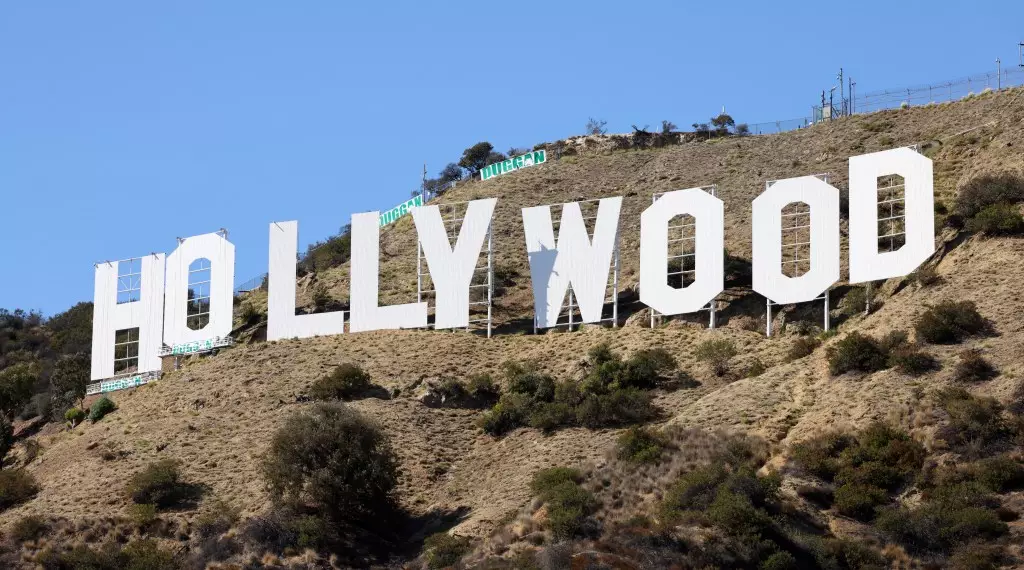The consensus within Hollywood is crystal clear: change is desperately needed. Bob Iger, with careful choice of words, referred to the necessary adjustments as “fixes.” However, these fixes cannot solely be limited to cutbacks and delays, as their impact has already been felt throughout the industry. Disney alone had to undertake the difficult task of cutting 8,000 jobs and shedding $7.5 billion in costs. Furthermore, several highly anticipated movies, such as Disney’s Snow White, Paramount’s Mission: Impossible 8, and Sony’s Spider-Verse, had their release dates pushed back by a year. These delays are merely scratching the surface of the more intricate changes that are being hinted at. Netflix, for example, has pledged to adopt a new content approach of “half as many but twice as good.” This ambitious mandate will undoubtedly fascinate viewers around the world. Similarly, other major brands are under scrutiny due to the damage inflicted upon their legacies. The opening numbers for The Marvels, for instance, have left a dent. The HBO label, which once dominated the “for your consideration” ads, now faces the need to include a pleading subtext. The pressure to “fix” and “re-imagine” is reminiscent of a moment in Hollywood’s history 40 years ago when Steven Spielberg, David Geffen, and Jeffrey Katzenberg took personal leadership in driving change and innovation within the industry.
A New Dream Machine
Four decades ago, Spielberg, Geffen, and Katzenberg unveiled their vision for a new dream machine that would revolutionize Hollywood. Their ambitious plans aimed to transform everything from studio stages to compensation formulas and decision-making processes. This dream machine carried the promise of breaking new ground in terms of content creation. During their introductory press conference, many questions remained unanswered. The industry eagerly awaited details about the location, funding, and name of this groundbreaking venture. Despite criticism from the media regarding the vagueness of their plans, I found the determination and secrecy admirable. These visionary leaders had no intention of revealing their secrets or lecturing the industry on its backwardness. They simply aimed to execute their plans flawlessly. However, while Spielberg meticulously explained his plans for fixing poorly designed stages, the new studio was never built, and the ideal location remained elusive. Ultimately, DreamWorks did produce a program of movies and animations, even earning accolades such as American Beauty and Shrek, but it never reached the wave of innovation initially envisioned. Among the three founders, Spielberg is the only one continuing to actively make movies. Geffen focused his attention on art, while Katzenberg delved into politics.
The Search for a New Golden Age
Given the hunger for fixes within the industry, is it possible for Hollywood to stumble upon a new golden age or at least a period of revitalized profitability? Peter Biskind, renowned for chronicling the bountiful era of the 1970s in his book Easy Riders, Raging Bulls, has now released a new book specifically addressing the current streaming malaise. Pandora’s Box: How Guts, Guile, and Greed Upended TV explores the demise of HBO mythology and questions how a character like Tony Soprano could have transformed into Ted Lasso. Michael Fuchs, the first president of HBO, boldly states that “HBO died at fifty,” indicating the end of an era for the network. John Landgraf of FX adds to the discussion by asserting that throwing money at a production does not guarantee the creation of art. Michael Schulman, writing for The New Yorker, reflects on the evolving landscape of television, remarking, “We used to say that 21st-century TV was like the 19th-century novel – instead of staring at the idiot box, we were communing with Dickens or Zola. At some point, that stopped seeming true.” One might argue that this connection between quality television and literature never truly came to fruition.
The future of Hollywood hangs in the balance as the industry faces immense pressure to implement the necessary fixes. As Disney and other major players have already begun reducing costs and delaying releases, more intricate changes are underway. Netflix’s commitment to delivering fewer but higher-quality content will undoubtedly shape the streaming landscape. HBO’s decline and the questioning of established norms underscore the critical need for transformation. However, while the industry searches for a new golden age, it is essential to remember the lessons from the past. Spielberg, Geffen, and Katzenberg’s ambitious dream machine serves as a reminder that execution is as crucial as innovation. Only time will tell if Hollywood can navigate these turbulent times and emerge stronger on the other side.

